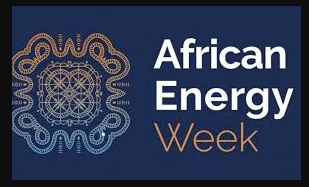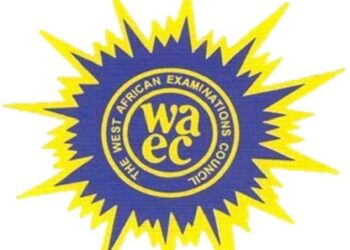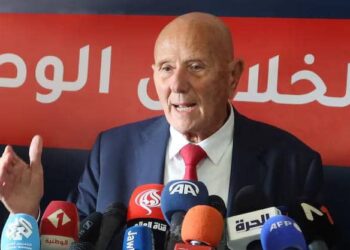By Ebi Kesiena
As the world navigates a transformative shift toward sustainable energy, Africa’s oil and gas sector is embracing new investment strategies to stay competitive.
At African Energy Week (AEW) 2024, the significant summit brought together top energy experts and industry leaders to explore investment opportunities in the upstream oil and gas sector, with a special focus on the global energy transition’s impact on Africa over the weekend.
Global investments in upstream oil and gas are anticipated to reach $570 billion by the end of 2024, marking a 7% increase from the previous year, with about 33% of that investment directed toward frontier assets. This focus presents Africa’s emerging oil and gas markets with a pivotal opportunity to attract much-needed financing.
Vice President of the Africa Finance Corporation, Taiwo Okwor, noted that the importance of sustainable partnerships for Africa’s economic growth cannot be overemphasized
“As a development financing institution, we are focused on sustainable investment. When we look at the upstream, we want to work with partners who are very committed to enabling the economy of Africa,” he said.
Speakers at the event noted that mergers and acquisitions (M&A) remain a robust channel for upstream investments in Africa, with 27 M&A deals valued at $2.3 billion recorded in Q2 2024 in Africa and the Middle East. According to Fathima Hussain, Managing Director of Oil & Gas Corporate Finance at Standard Chartered Bank, “If we look at the last 18-24 months, there’s a lot of activity still happening in upstream financing. We’re seeing a lot more activity on the M&A front.”
Luke Woodward, Managing Director for Energy Investments at Mercuria, added that these trends are enabling new international and indigenous players to diversify their portfolios.
Speakers noted that divestment by international oil companies (IOCs) and major banks is also opening the door for more traders and alternative financing sources to enter the market.
A key discussion focused on driving investments in energy infrastructure to address energy poverty, especially for the 600 million Africans still without reliable electricity.
During a fireside chat, African Export-Import Bank (Afreximbank) Executive Vice President Haytham El Maayergi underscored the bank’s commitment to trade financing and value addition, with a goal to support infrastructure ownership across Africa. “Afreximbank now operates in 53 countries in Africa. We want to focus on industries that create jobs and build capacity,” said El Maayergi.
The summit highlighted Africa’s need to attract sustainable investments while advancing energy access and creating economic opportunities through diversified energy initiatives.

































